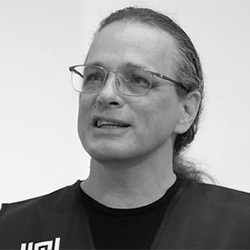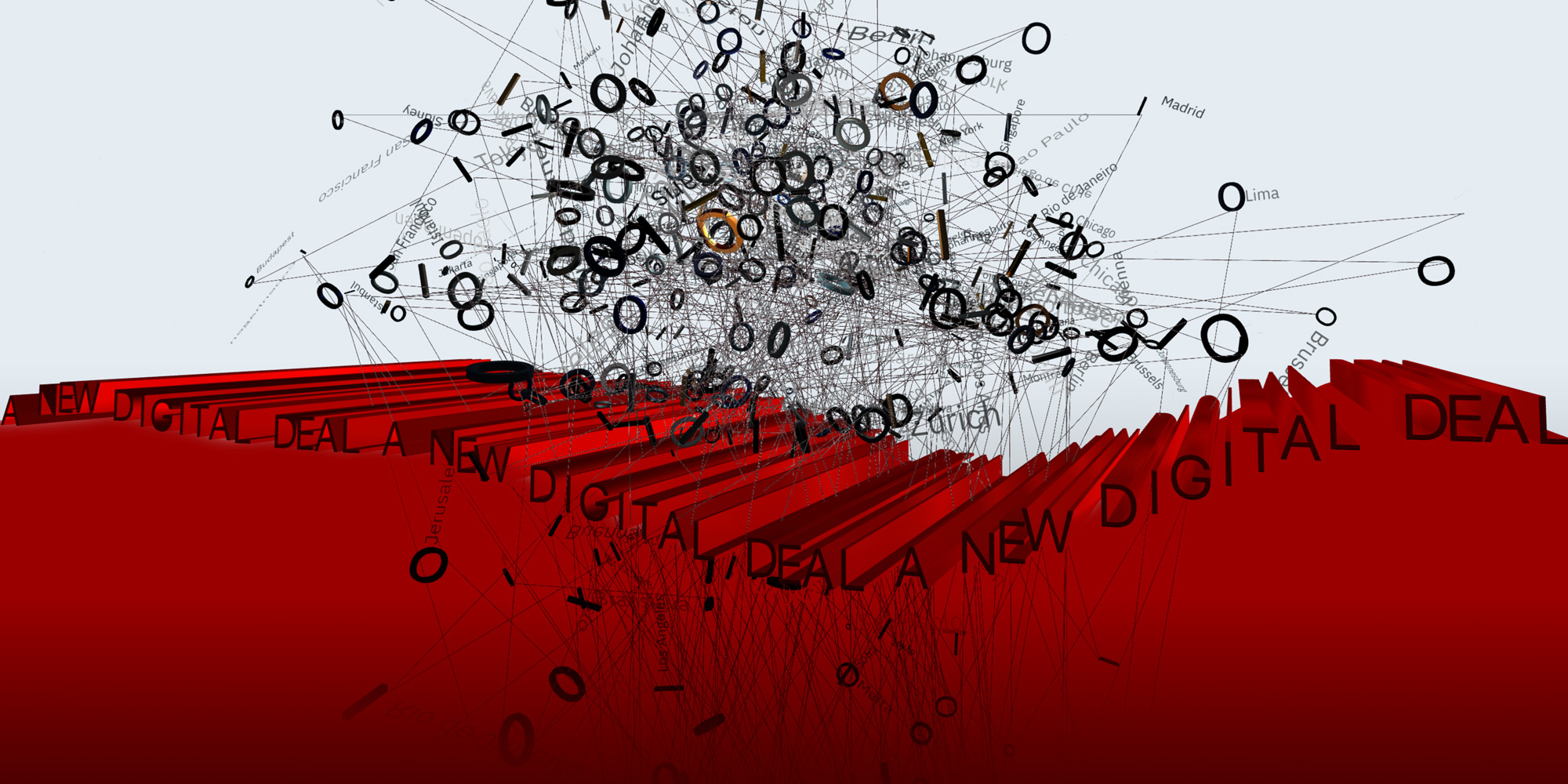Digitization doesn’t change our world but it does, however, radically change HOW and WHAT we can or must deal with in this world.
Having arrived in the third decade of the 21st century, that is, at a time when we’ve been promised self-driving cars, flying taxis, global prosperity and much more, when we’ve either wished for them or been afraid of all that, at a time when the discourse about digital transformation is louder but also more confused than ever before, it’s time to rethink the foundations of the digital world – or what we believe the digital world to be.
What began as a “tool technology” has become a central and transformative “cultural technology;” what was developed as a work environment has become a social habitat that is home to well over 4 billion people; and what began as a fun, harmless exchange of daily banalities and cat photos is now a political battleground …
But how we deal with it, how we prepare for its further impact, how we think about the social, economic, and political framework for it has not changed, and the changes we do see are still too hesitant and too slow. Whether we like it or not, digital transformation is not just an appealing rhetorical phrase; it is a matter of defining reality. That the aforementioned deficits are evident and are causing us substantial discomfort is one of the defining experiences of the current pandemic lockdowns.
A New Digital Deal – are we willing and able to act?
New deals are being called for everywhere these days, which speaks to a growing awareness of the inevitability of change. However, it is probably also a sign of our longing for easy solutions, of the ultimately naive hope that a few negotiations and agreements will be enough to put things back in balance.
So what might a new deal look like, and what do we mean by “deal” in this context? Nothing will come of the new digital deal if we see it only as a quick horse-trading exercise, if we are only out to negotiate a few benefits for ourselves. Nor is it a deal that anyone can negotiate for us, because a crucial aspect of the “New Digital Deal” is the question of “how are we going to deal with it?” – in other words, the question of options for action and the ability to act.
How can we “fix” the digital world, get a grip on our problems, and at the same time prevent the increasingly obvious advances of powerful political forces? What skills and expertise would that require? Where and how would we gain those skills and where and how train the necessary experts? What roles will we play in the process?
Deal comes from divide* and A New Deal means redistributing the cards!
Forty-two years after its founding, in the second year of the Covid pandemic, as the digitization of our world has intensified along with the hopes and fears we attach to it, Ars Electronica is also looking to its own roots.
Following last year’s successful model, the Festival for Art, Technology and Society will become a global anchor point. A platform for committed people who see the future, not as a glimpse into the tech companies’ crystal ball, but as the responsibility of our time and have begun accepting this responsibility, as social activation and empowerment, as a source of analytical, corrective and alternative thought and action.
And so, once again, Ars Electronica in Kepler’s Gardens will be a globally networked festival supported jointly by well over a hundred partners.
Because just looking over the garden fences is not enough – we network, open and share our gardens as places of ideas, inspirations, thought-provoking impulses and role models.
(*) Middle English deel, from Old English dǣl; akin to Old English dāl division, portion, Old High German teil part, https://www.merriam-webster.com/dictionary/deal

Gerfried Stocker, Co-CEO / Artistic Director Ars Electronica
Gerfried Stocker (AT) is a media artist and an engineer for communication technology and has been artistic director and co-CEO of Ars Electronica since 1995. In 1995/96 he developed the exhibition strategies of the Ars Electronica Center with a small team of artists and technicians and was responsible for the setup and establishment of Ars Electronica’s own R & D facility, the Ars Electronica Futurelab. He has overseen the development of the program for international Ars Electronica exhibitions since 2004, the planning and the revamping of the contents for the Ars Electronica Center, which was enlarged in 2009, since 2005; the expansion of the Ars Electronica Festival since 2015; and the extensive overhaul of Ars Electronica Center’s contents and interior design in 2019. Stocker is a consultant for numerous companies and institutions in the field of creativity and innovation management and is active as a guest lecturer at international conferences and universities. In 2019 he was awarded an honorary doctorate from Aalto University, Finland.



